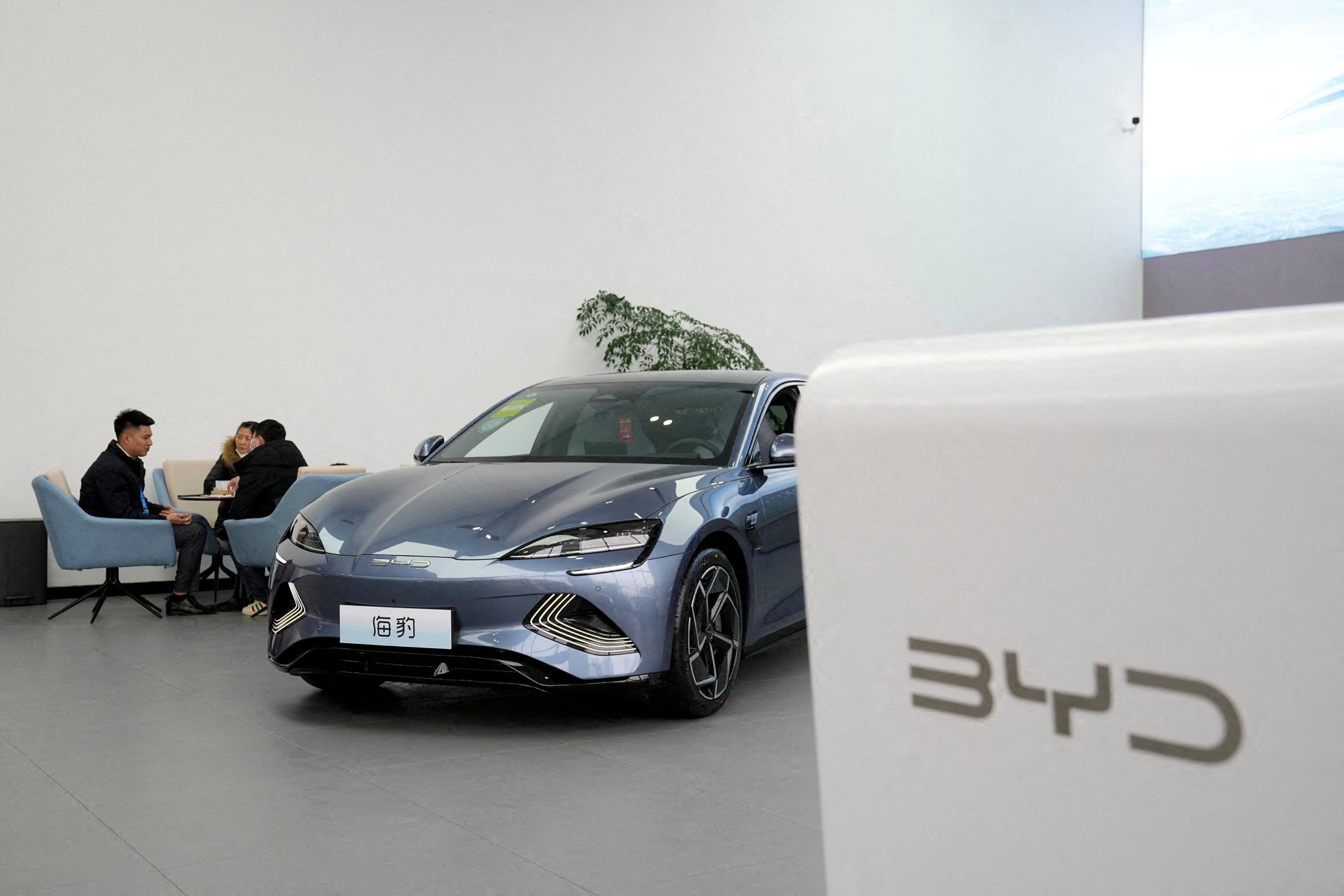
Chairman Cengiz Eroldu shared insights on the Turkish automotive industry and the impact of Chinese automotive giant BYD's investment in Türkiye during the Automotive Manufacturers Association (OSD)'s 50th anniversary celebration.
Eroldu emphasized that competition with BYD will keep local brands dynamic and contribute to the growth of the Turkish automotive industry. He also compared Türkiye's advantage over countries like Italy in competing with Chinese brands.
We have the power to compete with Chinese brands in Türkiye; in this regard, we are more advantageous than countries like Italy
Cengiz Eroldu
In response to Chinese brands' aggressive market presence, the Turkish government has implemented additional customs duties on imported vehicles from China, expanding the scope to include internal combustion vehicles with a 40% tariff. Eroldu said this measure encourages Chinese brands to invest in local production.
BYD's decision to establish a factory in Türkiye is a positive outcome of the government's policies. Eroldu expressed satisfaction with BYD's investment coinciding with OSD's 50th anniversary, noting that the competition will benefit all players in the industry and lead to technology transfer from China.
Eroldu stressed the importance of fair competition: "We cannot avoid competition, but it must be fair. As part of the Turkish automotive industry, we can compete with the production that Chinese companies will carry out in Türkiye."
He noted the challenges posed by China's access to raw materials and state support for its manufacturers, contrasting this with the reliance on imported materials in Türkiye and Europe. "China has an advantage in raw materials, but we have a competitive spirit and capacity."
We have a capacity of 2 million units. Today, 1 million vehicles are not produced in Italy. This year, Fiat is celebrating its 125th anniversary, so in a country with 125 years of automobile history, less than 1 million vehicles are currently being produced. Therefore, if someone is going to compete with the Chinese, we should be one of them.
Cengiz Eroldu
Eroldu believes that increasing the market size will attract more foreign brands to Türkiye, enhancing the technological capabilities of the Turkish automotive industry.
He expects the 40% additional customs duty on Chinese vehicles to lead to a 20-30% price increase, which might reduce sales but positively impact the trade balance. "Expanding our market will naturally draw more foreign investments, driving technological advancements."
Eroldu highlighted the role of local brands like Togg in leading technological advancements and localization efforts. "Togg has been instrumental in the localization of automotive technologies, creating a laboratory environment for innovation."
Togg pioneered the indigenization of parts such as cameras, screens, etc. that we use. I think the presence of Togg has also created a laboratory environment.
Cengiz Eroldu
Addressing concerns about BYD's potential tax exemptions, Eroldu explained that existing incentive legislation would limit and regulate any benefits. He also highlighted the limited impact of tax exemptions on overall market dynamics.
Despite the rising imports, Eroldu does not foresee an update to the VAT base, citing the government's focus on cooling demand. He anticipated that single-digit inflation rates would not be achieved until 2026, with current policies continuing until then.
Eroldu outlined the financial implications of BYD's investment, predicting that most of the production from the new plant in Manisa will be exported. He estimated the internal market impact to be €1.3 billion and the total revenue effect to be approximately €3.8 billion, assuming a significant portion of the production is allocated for export.